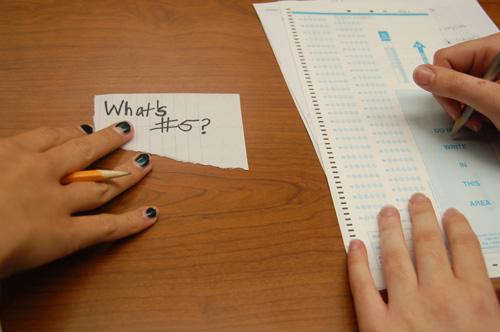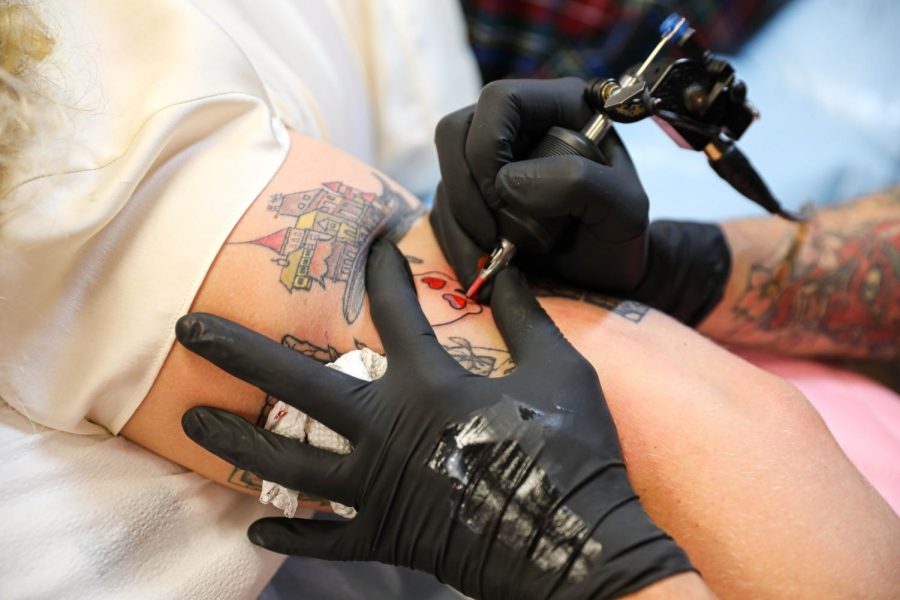You might have stopped calling them “pumpkin eaters” in the third grade, but some students at Loyola have had problems with people cheating off them during tests.
Criminal justice freshman Brittney Grice said she felt that she was taken advantage of during a test. She said that she had studied hard, and the person who cheated off her didn’t care about the class and took advantage of her.
“I didn’t know at the time, but after they came up to me and told me, ‘Thanks, I would have failed.’ I asked what they were talking about and they told me. I was not only mad that they had cheated off of my hard work but also didn’t even care to hide it,” she said.
Criminal justice senior Jonathan Lewis said he caught one of his classmates cheating off of him during a biology test his freshman year.
“We were having our very first huge exam. Everyone was in the library until two in the morning studying for it,” Lewis said. “I didn’t feel bad about her cheating. Some people get to that point, but I had to put a stop to it.”
He said he remembered getting his exam and feeling confident that he would do well, but noticed his classmate next to him didn’t look so comfortable.
“So I am taking my test, and every now and again I would stop and take a quick break. Then I noticed she was glancing at my test and writing, and glancing and writing,” Lewis said.
He didn’t want to cause a scene in the middle of the test, so Lewis said he just put his arm on the desk to hide his test so his classmate would not continue cheating.
“I didn’t want the professor to think I had a hand in it, so I had to stop it,” Lewis said.
According to the Loyola Undergraduate Bulletin, “A student who is found to have cheated on any examination may be given a failing grade for the course. In case of a second violation, the student may be excluded for one or two terms or dismissed from the university.”
In hopes of eliminating these situations, whether it’s cheating, plagiarism or misrepresentation of a body of work, professors stress the importance of doing original work to their students
“I tell my students the consequences are horrendous,” said the Rev. Lawrence Moore, S.J., associate dean for Academic Affairs of the College of Law and law professor. “Penalties for cheating include up to expulsion.”
The Undergraduate Bulletin also states that any student who supplies another with academic work or help will also be the recipient of the same punishments as the person they helped.
Moore recalled a situation where he had to report a student.
“My students had to submit a paper. I read one paper and said, ‘This is not student work.’ I went to the library and found the three articles the student used. The student didn’t deny it. He got an F and I had to report him to the honor board, who suspended him,” Moore said.
Though the College of Law’s regulations slightly differ from that of the rest of the colleges at Loyola, cheating is treated equally as seriously.
Sable Lefrere can be reached at
smlefrer@loyno.edu








